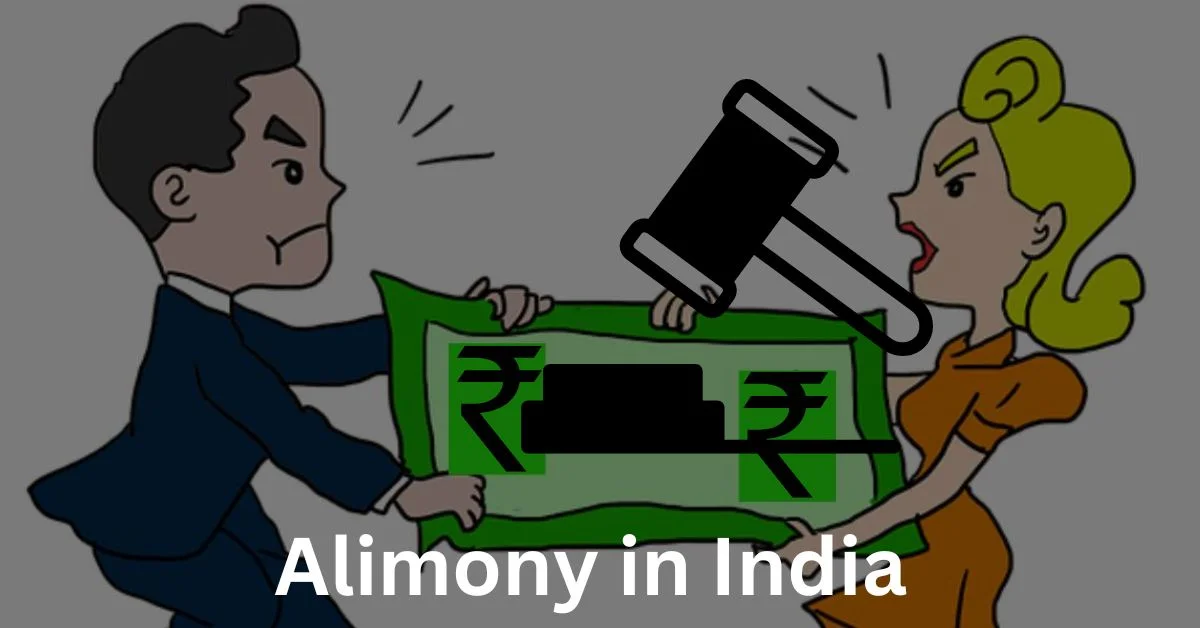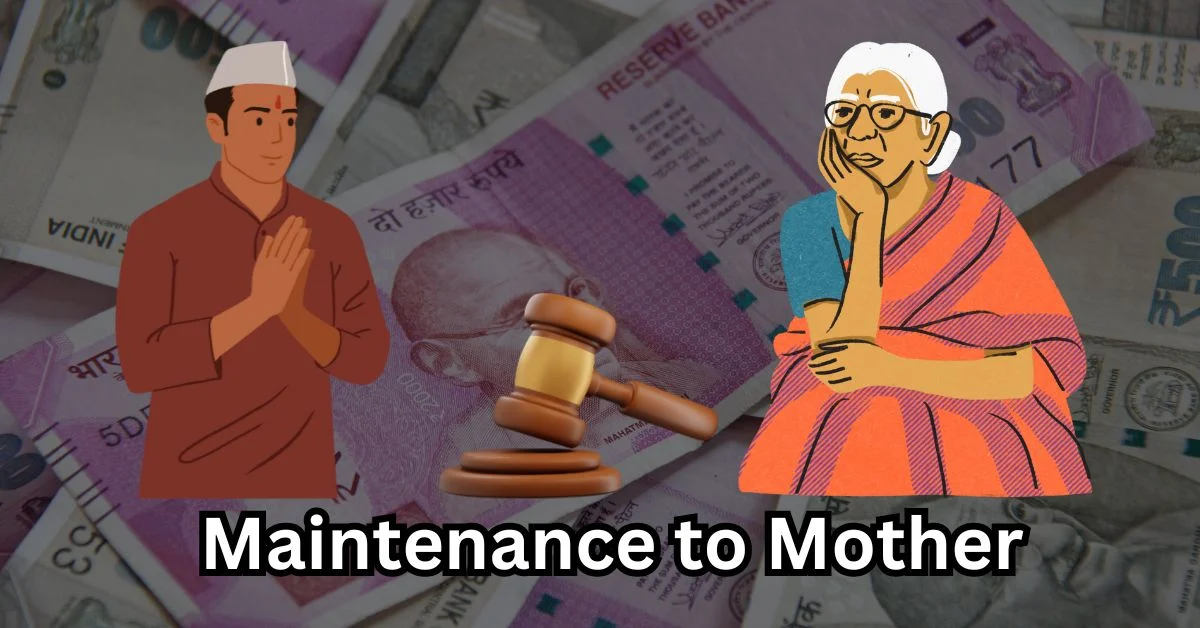In a recent judgment delivered on September 19, 2023, by the High Court of Delhi, the concept of ‘Denial of Conjugal Rights’ and ‘Irretrievable Breakdown of Marriage’ took center stage. This article delves into the specifics of this judgment, emphasizing the critical role ‘conjugal rights’ and ‘breakdown of marriage’ played in the outcome of divorce proceedings.
Married Life and Legal Battle
The couple got married in February 2002 and had a daughter in January 2007. They have different stories about when they started living apart – the husband says it’s since January 2007, while the wife says it’s since May 2007.
The husband approached the Family Court in May 2011, seeking a divorce under sections13(1)(ia) and (ib) of the Hindu Marriage Act,1955, on the grounds of cruelty and desertion. The wife, in response, had filed a counter-claim demanding restitution of conjugal rights.
Husband’s Allegations
Husband claimed that his wife pressured him to leave his family and live with her family. He said she didn’t get along with his family, was rude to them, and didn’t want guests or elders around. He also said she didn’t do housework.
The husband also said that from the beginning of their marriage, the wife caused problems at night and often wouldn’t let him be intimate with her. He claimed she was cruel to him and that she only allowed him to be intimate with her about 30-35 times since they got married.
He added that 20 days after their daughter was born, the wife went to her parents’ house with the baby and never came back, despite his requests for her to return.
Family Court’s Obsevations and Decisions
- The family court looked at the proof presented by both sides and concluded that the wife wanted to live with her husband in their marital home. However, it was the husband who didn’t want to live with his wife. The court even mentioned that the husband’s father confirmed that his son didn’t want to live with the wife. So, the court said the husband couldn’t prove the claim of desertion (abandonment).
- Regarding the claim of cruelty, the family court said that there was no normal and healthy intimate relationship between the husband and wife. This lack of a good physical relationship seriously damaged their marriage. The court emphasized that having a satisfying physical relationship is very important for a happy marriage. Without it, a marriage can’t work.
- After seeing that there was a lack of intimacy in their marriage and that they had been living apart for over 11 years, the family court decided that the marriage was beyond fixing. So, it agreed that the husband had proven cruelty, and it granted a divorce to the wife.
- As for the wife’s request for the husband to return and live with her, the family court said that since it had already agreed to the divorce because of cruelty, the wife couldn’t ask for conjugal rights to be restored.
Wife’s Appeal in Delhi High Court
Dissatisfied with the divorce decision granted to the husband by the Family Court, the wife filed an appeal before the honorable Delhi High Court. The High Court reviewed the Family Court’s judgment, which had granted divorce to the husband based on the grounds of the wife’s denial of conjugal relations and their 11-year separation, concluding that the marriage had irreparably broken down.
Delhi High Court on ‘Denial of Conjugal Relations’
The husband’s argument that the wife denied him conjugal relations was found to be unclear and lacking specific details. He stated that he was allowed to have conjugal relations only around 30-35 times since their marriage, which suggests that complete denial didn’t happen.
Furthermore, it’s important to note that the couple had a daughter born on 07.01.2017, and according to the husband, she left their marital home on 28.01.2017. This fact indicates that the claim of the husband being denied conjugal relations is not accurate. He even admitted during cross-examination that their last physical relationship was in 2006. So, the allegation of the denial of conjugal relationship was considered vague and unsubstantiated.
Delhi High Court on ‘Irretrievable Breakdown of Marriage’
Regarding the idea of the marriage breaking down, it’s essential to know that this isn’t a valid reason for divorce under the law. In this situation, it’s clear that the wife isn’t at fault; it’s the husband who is at fault. The Supreme Court has stated that a person cannot take advantage of their own wrong. Here, the husband left his wife and then claimed that she deserted him. He can’t use the excuse that the marriage has broken down to end it.
The power to grant a divorce based on the irretrievable breakdown of a marriage is held by the Supreme Court, not the High Courts or Family Courts. In this case, the Family Court granted a divorce simply because the couple had lived apart for 11 years, which isn’t within its authority. Family Courts should follow the specific grounds for divorce outlined in the law. Irretrievable breakdown of marriage is not one of these grounds.
Even when the Supreme Court considers using its discretionary powers under Article 142 of the Constitution, it looks at various factors, not just how long the couple has been apart. The Court emphasizes that granting a divorce based on irretrievable breakdown is not an automatic right but a decision to be made with great care, ensuring that it’s the only solution left. In this case, the Family Court overstepped its authority.
Delhi High Court’s Decision and Conclusion’
Delhi High Court overturned the divorce granted by the Family Court based on grounds of cruelty and marriage breakdown. The court upheld that the divorce on grounds of denial of conjugal relationship was not substantiated and set aside the previous judgment.
Further, the High Court emphasized that irretrievable breakdown of marriage is not a ground for divorce in the Hindu Marriage Act and criticized the Family Court for overstepping its jurisdiction. The court reiterated that the power to grant divorce on the ground of irretrievable breakdown of marriage is exercised by the Supreme Court under Article 142 of the Constitution, of India to do complete justice to both the parties. Such a power is not vested in the High Courts leave alone the Family Courts.



